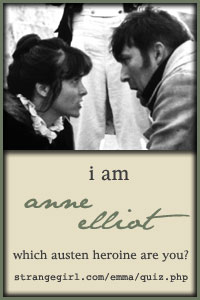River
A delicate fuzz of fog
like mold, or moss,
all across the river
in this early light.
Another day, I might
have still been sleeping.
What a pity. How the stars
and seas and rivers
in their fragile lace of fog
go on without us
morning after morning,
year after year.
And we disappear.
—Pat Schneider
Mornings are for noticing rivers. For admiring the early light, the fuzz of fog, maybe the last stars, the moon not yet extinguished in the dawn sky as you sit luxuriating all alone in a Japanese bathhouse, in sacred hot springs deep in the Carmel valley.
Observing how colors begin to come back.
Making a pot of fragrant tea in apple-green ceramic, smooth to the hand, the lip.
Writing your dreams down. (Maybe allowing yourself one or two more.)
Watching a towhee delight in the water in the shallow basin at the stone feet of St. Francis out by the back fence.
Sitting in the patio reading a Shakespeare sonnet.
Writing a note to a favorite friend, uninterrupted.
Sitting in the first wash of sunlight admiring the eucalyptus leaves, backlit.
Making lovely golden-striped toast in a Mallorcan grill pan.
Writing about a tall detective with dreadlocks who writes ghazals.
Meditating. Praying. Hoping. Celebrating the moment. Looking ahead.
Not, oh not, for jumping up and rushing in to work so people with impatient demands can get to you an hour earlier, can break the necessary quiet with phone inquiries and follow-ups to e-mails they sent only yesterday but you haven’t (for good reason) answered yet; for the clamor of construction shattering the morning calm and driving birds and thought itself away; for barked instructions from others in the office who respect no peace, no need to awake and stir ever so slowly, without impositions from without.
(Without so much!)
My alternate to Daylight Savings Time, which I’ve been trying to have adopted for years, is that we change our clocks forward each day at 10 o’clock, so those of us who find it so vital can enjoy our alloted quota of therapeutic peace in the morning, instead of having it yanked away from us; and then at 5 or 6 in the evening move the clocks backward again, so we have the extra hour of daylight in the evening without having to pay for it so dearly. This has the added benefit of cutting the work day short by an hour—not always a bad thing. I’m convinced this is the only humane solution, and may just quietly adopt it myself this year—instead of remarking uselessly, with Hamlet, that the time is out of joint.
















































